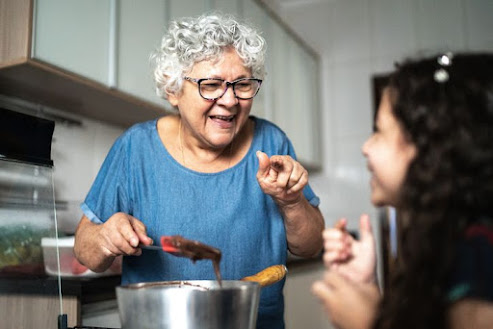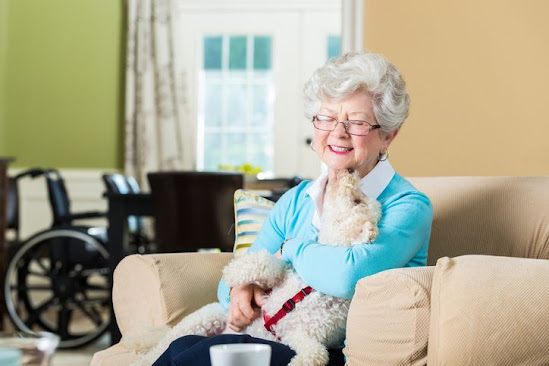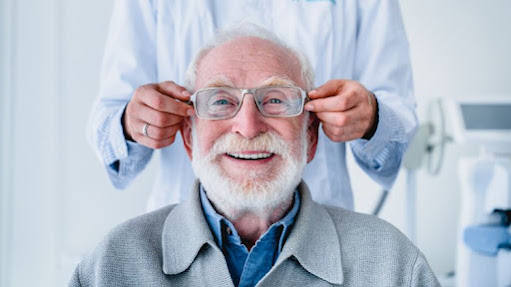Growing up, we’re always told to never lie – but honesty is not always the best policy when it comes to a loved one with dementia. This condition negatively affects how their brain understands and processes information, creating a different version of reality. Forcing your loved one with dementia to choose your reality over their own can cause fear, confusion, sadness, and anger. That’s where therapeutic lying comes in. In this article, our memory care experts in Cape May County explain what therapeutic lying is and why it’s OK to lie to someone with dementia.
What is therapeutic lying?
Essentially, these are white lies that loved ones,
therapists and others can use to help support and care for someone with a
dementia condition. Instead of lying to hurt or manipulate a person, which is
bad, these are fibs used to validate, reassure, and comfort someone with memory
loss.
Telling the truth can be unkind
The first thing to realize is that telling someone
with dementia the truth can be cruel and unkind, causing distress and pain
rather than helping them. It might feel difficult to understand at first.
Especially because we’re taught to tell the truth to those we care for and
respect the most. However, the truth is not always the answer for those with
dementia.
Lying to dementia patients can be the right way to
care for them because:
- They
don’t remember the truth and repeatedly telling them or insisting on facts
will only cause them distress and pain, especially when it comes to
something emotional. They will be forced to relive something that hurts
them deeply, causing confusion and stress – none of which is good for
their mental or physical health.
- They
are likely going to forget your version of events all over again. This
means that causing this distress and pain has no permanent or helpful
outcome, even if what you are telling them is true.
How to use therapeutic lying
Therapeutic lying can be used to help you have more
quality time together. For example, imagine that your mother
has dementia and while you are sitting with her, she tells you a story about
some funny joke that your father told her that morning. However, your father
passed away years ago, so the story is untrue and impossible. But telling her
that her husband is dead, and she couldn’t have spoken to him that morning can
make her experience his death all over again. Thus, making her feel confused
and unsure of herself, and may possibly cause an argument between the two of
you.
Alternatively, you could tell a white lie or simply
omit the truth by laughing along at the story and behaving as if it were true.
This way, your mom has a comforting, loving moment with you and feels cared for
and supported. That’s what really matters at the end of the day when you have a
loved one with dementia.
Therapeutic lying can also be used to help care for
your parent. For example, if your dad is agitated because he
thinks he’s late for work on his first day at a new job, you can tell him you
forgot to set the clock correctly and it’s much earlier than he thinks it is.
That will help calm him down and relieve stress. Then you can say that he’ll
need a good breakfast to get him through the day, thereby helping motivate him
to eat a meal, which can be a challenge for many seniors with dementia.
Compassionate dementia support in Cape May County
At UMC at The Shores, we offer exceptional assisted
living and advanced memory care services in South Jersey. We aim to create a
safe, compassionate, and enjoyable space for seniors with dementia conditions,
where the quality of life is the top priority.
To find out more about memory
care in South Jersey, contact us today or visit our website at: https://theshores.umcommunities.org













